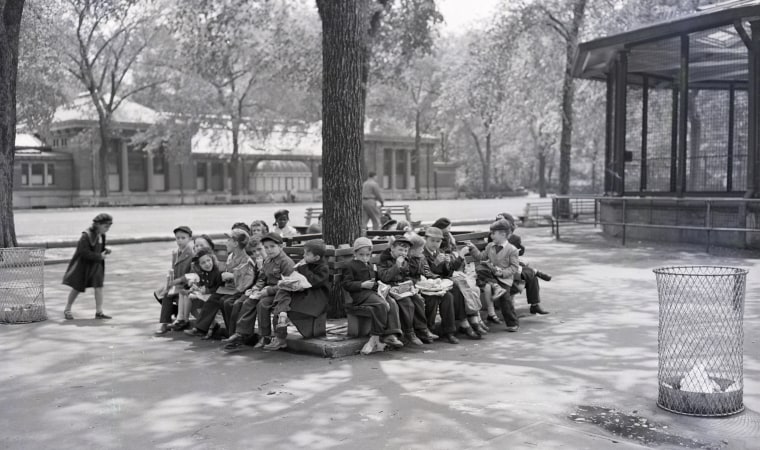I was born and spent my early childhood in what later became a part of Joe Crowley’s district, playing on the Bronx sidewalks and in the leafy parks of a neighborhood known as Pelham Parkway.
The stunning upset on Tuesday of Crowley, a New York Democratic powerbroker, by a 28-year-old Latina, Alexandria Ocasio-Cortez, a political newcomer and self-described Democratic socialist, signifies the dramatic political and demographic change that has taken place in my neighborhood and in many others over those years.
The predominately Irish and Jewish district of my early years is now majority-minority, a fact Ocasio-Cortez emphasized in her vibrant videos and at every appearance. When Crowley inherited his seat in 2000 from an Irish political mentor, representing a district that straddles my old section of the Bronx as well as Queens, the district was still predominantly white. It was frequently referred to as the Archie Bunker district, for the Queens working-class neighborhood of the lead character in “All in the Family.”
My memories go back further, to the immediate postwar years when we wore uniforms to a Bronx public elementary school: navy skirts and a white “middy” blouse. We played stickball and hopscotch, swiped Coke bottlecaps from the soda machine at the corner gas station, roller-skated, and marveled at the first small black-and-white televisions, which we could see by pushing our noses against the windowpanes of a TV store a few blocks away. That’s how I recall watching Queen Elizabeth’s coronation and President Dwight Eisenhower’s first inaugural, both in 1953.
Our mother walked us to the public library and let us take out picture books as soon as we could write our names. The safest route to school for a 5-year-old and my 7-year-old sister was to cross a heavily trafficked street by climbing the stairs to the elevated subway, crossing over on the pedestrian walkway, and climbing down on the other side. On weekends there were excursions to the New York Botanical Garden and the Bronx Zoo.
Politically, it was the era of Joe McCarthy: even many former Jewish socialists who came of age during the Great Depression and might have supported a younger version of Bernie Sanders were afraid to declare those preferences.
There were no women in politics, although our family revered Eleanor Roosevelt. And we rarely, if ever, met children of color. In fact, we didn’t encounter more diversity among our playmates until we moved to the suburbs, following the American dream of a split-level house, a backyard, and a garage for the car.
A month ago, on my MSNBC program, I asked Rep. Crowley if he and the Democratic Party were united heading into the midterms. He said, “We could not be more united. We are so united, we are onwardly marching towards a victory in November.”
Clearly, he and the party are shocked that he won't be competing himself. And in the 1950s, my old Bronx neighborhood in Crowley’s district could never have imagined Alexandria Ocasio-Cortez or the generational, ethnic, and gender change she represents. Now it will be interesting to see if this is an anomaly or the start of a political revolution.
